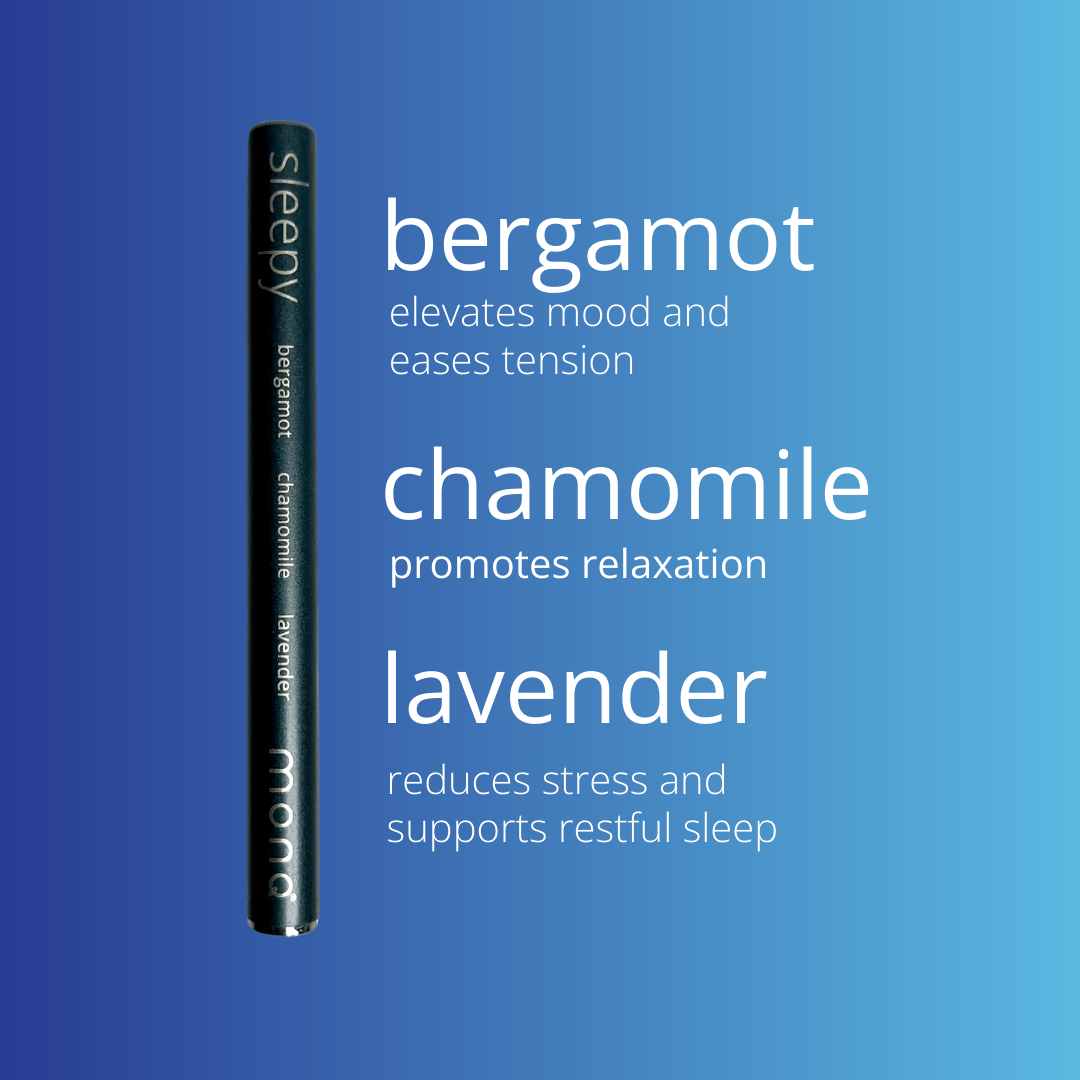Sleeping Soundly: Best Positions and Tips for Back Discomfort Relief

Back pain afflicts a significant portion of the population, often disrupting daily activities and making restful sleep an elusive pursuit. Understanding the intricate link between sleep and discomfort becomes imperative as inadequate sleep exacerbates discomfort, as highlighted by research from the Sleep Foundation. So, how can individuals suffering from back discomfort achieve a restful night's sleep?
Optimal Sleep Positions for Back Pain Relief:
Finding suitable sleep positions tailored to alleviate back pain is paramount for enhancing sleep quality. Here are some effective sleep positions to consider:
- Pillow Between the Knees:
Lying on one's side with a pillow positioned between the knees, supplemented by additional support at the waist if needed, can offer significant relief. Alternating sides helps prevent muscle imbalances and enhances comfort.
- On Your Back, With Lumbar Support:
For back sleepers, providing adequate support to the lumbar region using a small rolled-up towel or pillow proves beneficial. Maintaining a neutral spine position with proper head and neck support promotes relaxation and minimizes strain.
- Stomach Sleeping with Pelvic Support:
Although generally discouraged due to increased back strain, some individuals find stomach sleeping comfortable. Placing a pillow under the pelvis can mitigate strain, while omitting head support may alleviate discomfort for select sleepers.
Essential Mattress Support:
Regardless of chosen sleep positions, investing in a supportive mattress is essential. Regularly replacing mattresses or incorporating foam toppers ensures optimal spine alignment and adequate support, promoting restful sleep devoid of discomfort.
Insights for Improved Sleep Quality:
Back discomfort management extends beyond sleep positions, encompassing holistic strategies for enhanced sleep quality:
-
Essential Oils: Relaxing essential oils like chamomile, kava, and lavender aid in tension alleviation. Eucalyptus and chamomile exhibit anti-inflammatory potential.
-
Sleep Hygiene: Adhering to good sleep hygiene practices fosters a conducive sleep environment. Limiting caffeine intake, establishing bedtime routines, and avoiding electronic devices can promote relaxation and improve sleep onset.
-
Consistent Routine: Maintaining a fixed sleep schedule fosters regularity and enhances sleep quality. Prioritize going to bed and waking up at consistent times to regulate sleep patterns effectively.
Extra Tips for Better Sleep:
-
Avoid Prolonged Wakefulness: If sleep proves elusive, engage in calming activities outside the bedroom until drowsiness sets in, preventing frustration and promoting relaxation.
-
Minimize Daytime Napping: Resist the temptation to nap excessively during the day to uphold a consistent sleep schedule and prevent disruptions to nocturnal sleep patterns.
-
Consult Healthcare Professionals: In cases of severe back pain, seek medical advice before investing in a new mattress. Explore stretches, exercises, and gentle pain relief measures tailored to individual needs.
Empowered with comprehensive sleep strategies and mindful practices, individuals grappling with back pain can cultivate restorative sleep routines conducive to overall well-being and vitality.








Leave a comment